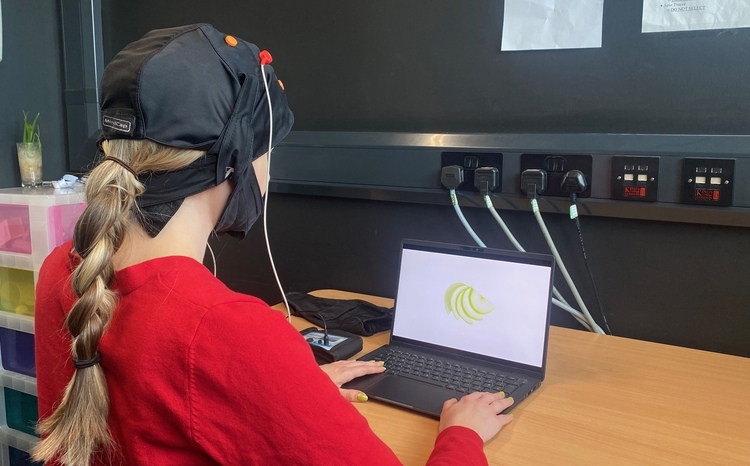SLAM awarded £1.3m for new VR and neurotherapeutics hubs
- 18 November 2024

- NIHR has awarded £1.3 million to South London and Maudsley to fund new research in specialist areas
- The money will support new VR and neurotherapeutics facilities as well as new optical coherence tomography and electroretinography tech
- The grant forms part of a £30 million investment from NIHR across 36 NHS organisations to boost disease prevention and treatment
The National Institute for Health and Care Research (NIHR) has awarded £1.3 million to South London and Maudsley (SLAM) NHS Foundation Trust to fund new research equipment and neurotherapeutics technology.
Working alongside King’s College London, SLAM will use the funding to expand its research capacity and expertise in specialist fields while providing more opportunities for patients to participate.
This includes investment in the new Centre for Advanced Neurotherapeutics at Maudsley Hospital and a Digital and Virtual Reality Centre and Hub at Bethlem Royal Hospital.
The grant will also pay for new optical coherence tomography and electroretinography machines, which will be used to explore potential biomarkers for psychiatric disorders.
Professor Fiona Gaughran, director of research and development at SLAM, said: “We are delighted that the NIHR has awarded £1.3 million to fund this new, cutting-edge equipment and technology at the trust.
“This grant will extend the reach of our research offer to service users and communities locally and across the UK, as well as increasing the choice of high-quality research participation opportunities available.
“The award will strengthen the trust’s core strategy of informing and improving clinical care through research and offering research participation opportunities alongside clinical care, so keeping the patient at the centre of all we do.”
The Centre for Advanced Neurotherapeutics will facilitate non-invasive brain stimulation systems and neurotechnology devices aimed at treating conditions such as affective disorders, functional neurological disorders, eating and weight disorders, autism and ADHD.
It will also provide training and knowledge-sharing, with the hope that this will support wider adoption across the NHS.
Professor Ulrike Schmidt, professor of eating disorders at King’s College London and consultant psychiatrist at SLAM, said: “The state-of-the-art equipment and associated centre will put the trust, King’s College London and partners at the forefront of personalised neurotherapies across the whole spectrum of psychiatric disorders, nationally and globally.
“It will also raise much needed public awareness of neurotherapies as important alternatives to usual psychiatric treatment with medications or talking therapies and give hope to the significant number of patients who currently do not fully recover through conventional treatments.”
Meanwhile, the research delivery hub at Bethlem Royal Hospital will explore virtual reality (VR) as a therapeutic tool for various mental health conditions, including psychosis, mood disorders and eating disorders.
The hub will also offer VR-based interventions addressing discrimination, phobias, stress and physical activity.
Carrie-Ann Black, head of nursing for research and quality at SLAM, said: “Funding the development of innovations like these play a vital role in ensuring equality of access to research opportunities.”
The grant forms part of a £30m investment from NIHR across 36 NHS organisations aimed at boosting researching into the prevention, management and treatment of disease.
Other trusts to have been awarded funding include Alder Hey Children’s NHS Foundation Trust, Bradford Teaching Hospitals NHS Foundation Trust, East Lancashire Hospitals NHS Trust, Southern Health NHS Foundation Trust, The Royal Marsden NHS Foundation Trust, and Walsall Healthcare NHS Trust.





